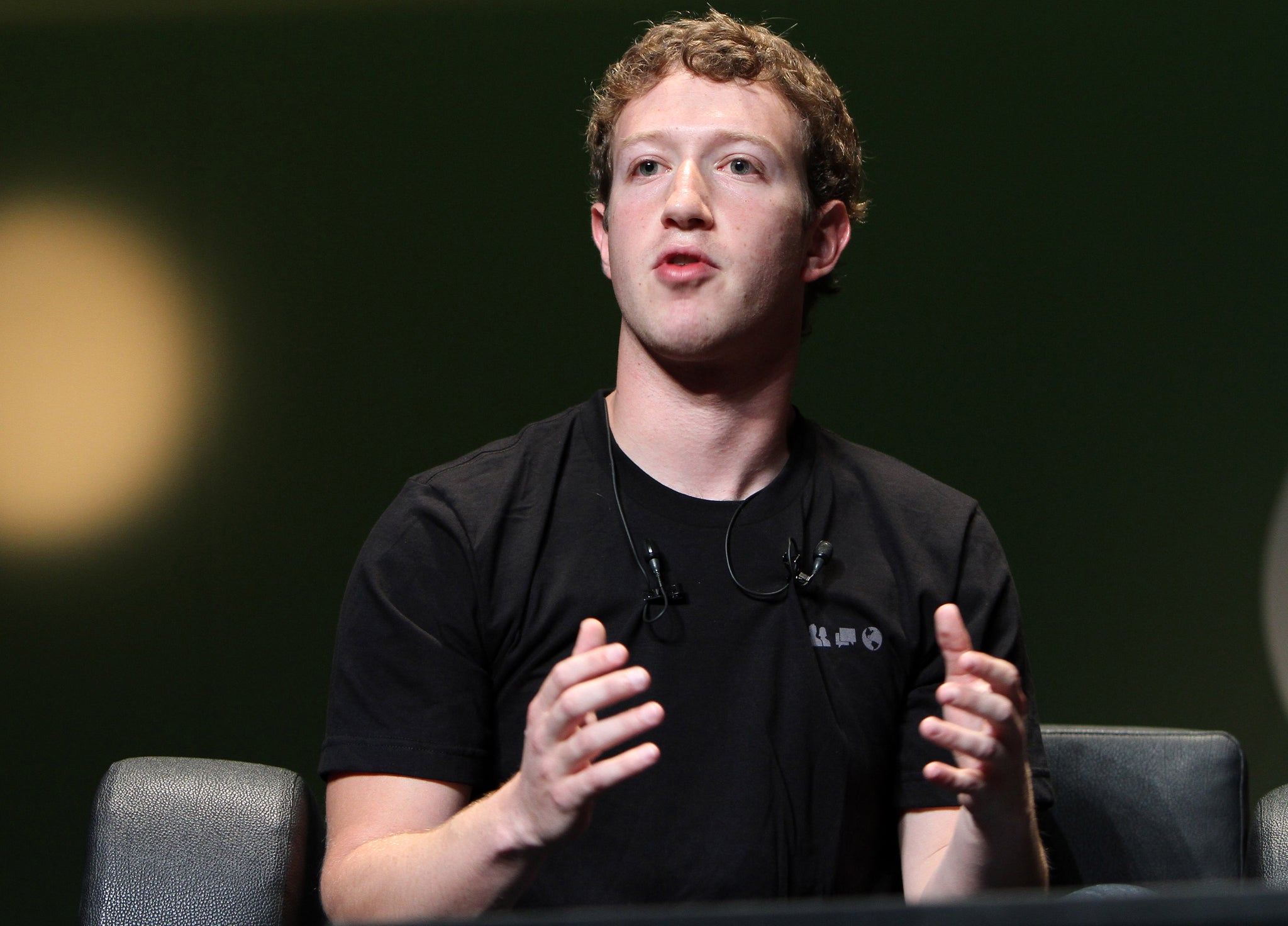Young people going to increasing lengths to protect online privacy
Facebook founder Mark Zuckerberg has previously said that people were 'more open' to sharing their lives

Your support helps us to tell the story
From reproductive rights to climate change to Big Tech, The Independent is on the ground when the story is developing. Whether it's investigating the financials of Elon Musk's pro-Trump PAC or producing our latest documentary, 'The A Word', which shines a light on the American women fighting for reproductive rights, we know how important it is to parse out the facts from the messaging.
At such a critical moment in US history, we need reporters on the ground. Your donation allows us to keep sending journalists to speak to both sides of the story.
The Independent is trusted by Americans across the entire political spectrum. And unlike many other quality news outlets, we choose not to lock Americans out of our reporting and analysis with paywalls. We believe quality journalism should be available to everyone, paid for by those who can afford it.
Your support makes all the difference.Young people are reluctant to share intimate details of their lives with strangers online and are going to greater lengths to protect their privacy than ever before, according to research conducted by the Market Research Society (MRS).
According to details of the report in The Sunday Times, they are increasingly barring snooping eyes from outside the boundaries of their personal circles by “untagging” pictures, deliberately issuing false information and even running parallel identities on social media.
The report states that: “There is a universally held view that teenagers simply don’t care enough about online privacy, and this… can have disastrous consequences.”
The report, written by Colin Strong of the MRS Delphi group, says: “The reality is that, far from being careless about their privacy, teenagers manage it carefully. They just aren’t so obvious about it.
Jane Frost, chief executive of the MRS, told The Sunday Times that young people were increasingly using services such as Snapchat and Guerilla Mail, which delete personal data in a short time.
She also estimates that two-thirds of twitter users have a private persona, which they share only with a private circle, alongside their public account. When gaming online, people tend to put out a false name entirely, she added.
The findings indicate that Mark Zuckerberg, founder and CEO of Facebook, may well be out of touch with the attitudes of young people.
He declared in 2010 that: “People have really gotten comfortable not sharing information of different kinds, but more openly and with more people. That social norm has just evolved over time.”
According to the report, it is wrong to claim that when people put “inadvisable” material online it means that they no longer have personal boundaries.
In reality, it says, people have very little choice about going online, “Just because it’s a public space doesn’t mean they want publicity.”
Join our commenting forum
Join thought-provoking conversations, follow other Independent readers and see their replies
Comments